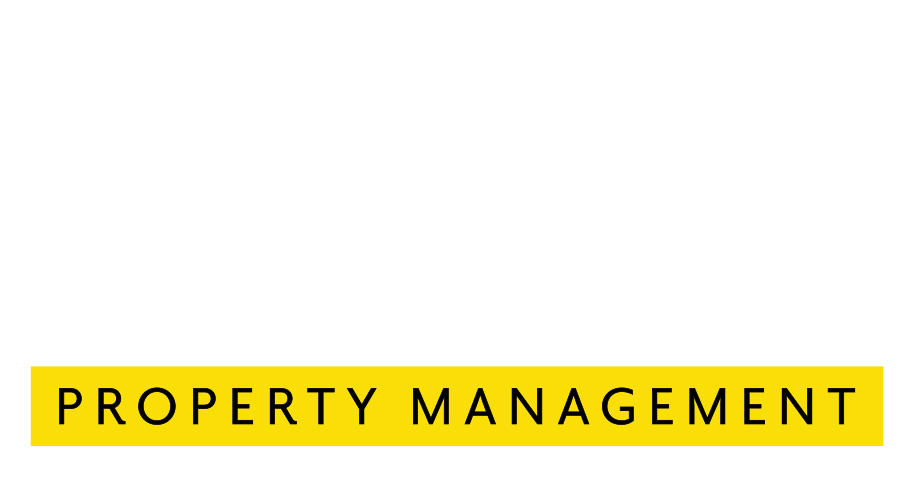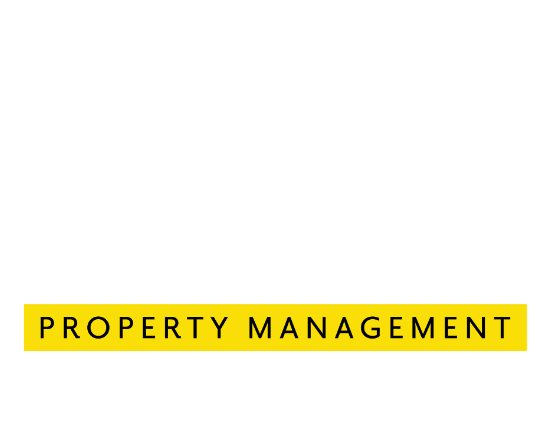Managing rental properties requires constant attention and various skills—from finding the right tenants to handling urgent repairs and navigating complex legal landscapes. This is where property managers step in, offering a comprehensive solution to free up your time and maximize investment returns. Whether you are dipping your toes into real estate or you’re a seasoned investor, this guide is crafted to show you how these experts can significantly lighten your load.
We’ll delve deep into the core functions of property management, exploring everything from meticulous tenant screening processes and efficient rent collection systems to proactive maintenance practices and stringent legal compliance. Discover how these services not only ensure that your properties are well-maintained and legally compliant but also help in generating consistent profits. Moreover, we’ll shed light on why, despite the fees involved, many property owners consider hiring a property management company a worthwhile investment.
Prepare to unlock the full potential of your real estate portfolio. Let’s take a detailed look at how a property management company can transform your properties from burdensome responsibilities into thriving assets that work for you.

What is Property Management?
Imagine this: You own a rental property, but the day-to-day tasks of managing it are constantly nagging at your time. You need to find a reliable tenant, screen applications, collect rent each month, and deal with any repairs or maintenance issues that arise. This is where property management comes in.
Property management is essentially outsourcing the care of your real estate investment to a professional. These companies act as an extension of yourself, handling all the nitty-gritty details associated with being a landlord. Their goal is to ensure your property runs smoothly, stays occupied with qualified tenants, and generates consistent income for you.
Core Responsibilities of Property Management Companies
Property management companies act as real estate superheroes, taking care of the behind-the-scenes tasks that keep your investments running smoothly. Here’s a breakdown of their core responsibilities:
Tenant Management

- Finding the Perfect Fit: They’ll advertise your property, screen applicants thoroughly (credit checks, references, etc.), and handle lease negotiations to find qualified tenants who will take good care of your property.
- Happy Tenants, Happy Investment: Property managers foster positive tenant relationships by handling communication, addressing concerns, and implementing strategies to keep tenants satisfied and wanting to stay.
- Emergencies Don’t Sleep (But Property Managers Do Sometimes): They’ll be the first point of contact for tenant emergencies, resolving issues promptly and minimizing disruptions.
Financial Management
- Streamlined Rent Collection: No more chasing down late payments. Property managers implement efficient rent collection methods (online portals, auto-pay options) and ensure timely rent deposits.
- Financial Transparency: They’ll provide detailed financial reports and handle bookkeeping tasks, informing you about your investment’s performance.
- Planning for the Future: Property managers create budgets for routine maintenance and necessary capital improvements, ensuring your property stays in top shape.
Legal Compliance
- Navigating the Maze: They stay up-to-date on landlord-tenant laws and regulations, ensuring your property operates legally and protects your interests.
- Lease Liaisons: Property managers draft, review, and manage lease agreements, ensuring all legalities are covered.
- When Things Get Tough: Property managers handle the process efficiently and represent your interests in the unfortunate event of evictions or legal disputes.
Detailed Services Offered by Property Management Companies
Property management companies provide extensive services designed to handle all aspects of property management efficiently. Below are some of the specialized services they offer:
Maintenance Excellence
- Routine Upkeep: Property managers maintain the pristine condition of properties by scheduling regular maintenance activities such as HVAC inspections and pest control. They coordinate these tasks with experienced vendors to ensure high-quality service.
- Emergency Response Team: Property managers are equipped to handle unexpected repairs like leaks and electrical faults efficiently. Their proactive processes ensure quick responses to emergencies, minimizing inconvenience for tenants and maintaining the integrity of the property.
Marketing Expertise
- Showcase Advertising: Property managers design compelling advertisements for vacant units, emphasizing the property’s best features to attract desirable tenants.
- Digital Outreach: Property managers extend their reach to a broader audience of potential tenants by utilizing various online platforms, including rental listing websites and social media.
Rent Optimization
- Market Analysis: By conducting detailed market research, property managers set competitive rent prices that optimize revenue while appealing to potential tenants.
- Efficient Rent Collection: Property managers streamline the rent collection process through modern solutions like online payment portals and automated payment systems, ensuring consistent and timely rent deposits.
Tenant and Property Security
- Enhanced Security Measures: Property management companies implement comprehensive security strategies to guarantee the safety of properties and tenants. These may include rigorous tenant background checks, regular security patrols, and advanced building access controls tailored to the property type.
These detailed services ensure property owners enjoy peace of mind and profitability, knowing that every aspect of their property management is handled professionally and efficiently.
Benefits of Hiring a Property Management Company
Opting to manage rental properties yourself (DIY management) can offer personal satisfaction and hands-on control, but it involves substantial time, effort, and specialized knowledge. Here’s a detailed look at why partnering with a property management company can be a wise and profitable decision:
DIY vs. Professional Management: Balancing Time, Effort, and Expertise
DIY Management:
- Cost Savings vs. Responsibilities: While you might save on management fees, you assume full responsibility for all aspects of property management. This includes tenant screening, rent collection, handling repairs, addressing legal issues, and ensuring regulatory compliance. This can be particularly daunting if you manage multiple properties or properties that are far from your residence.
- Expertise Required: Effective management requires a deep understanding of the local real estate market, tenant laws, and property maintenance—a steep learning curve for many property owners.
Professional Management:
- Effortless Management: Property management companies eliminate daily operational headaches. With their expertise and resources, they efficiently manage tenant relations, maintenance, and legal compliance, freeing you up to focus on other personal or professional ventures.
- Access to Professional Networks: These companies have established relationships with reliable, cost-effective vendors and legal experts, which can significantly benefit property owners.
Maximizing Your Investment Returns
DIY Management:
- Challenges in Optimization: Independently, setting competitive rent, attracting and vetting tenants, and reducing vacancy periods can be complex and time-consuming. There’s also the risk of missing out on more favorable maintenance contracts and repair deals available to professionals.
Professional Management:
- Optimized Revenue: Leveraging their market expertise and analytical tools, property managers set optimal rental prices, effectively market properties to attract reliable tenants, and maintain high occupancy rates. They are skilled at negotiating with vendors to secure maintenance and repair services at reduced costs, which can significantly lower operating expenses and increase net revenue.
Peace of Mind and Reduced Stress
DIY Management:
- Potential for High Stress: Managing properties can be stressful, especially when dealing with unexpected issues like emergency repairs, delinquent payments, or difficult tenants.
Professional Management:
- Stress-Free Investment: A property management company acts as a buffer between you and the daily challenges of property ownership. They professionally handle all tenant concerns, emergencies, and compliance issues, reducing your stress and allowing you to enjoy the passive income from your investment without the active management burdens.
Additional Professional Advantages:
- Legal Compliance and Risk Management: Property managers stay current with housing regulations and tenant laws, significantly reducing legal risks.
- Enhanced Tenant Screening Processes: Their refined screening processes help in selecting tenants who are more likely to be punctual in payments and respectful of the property, thereby reducing turnover and maintenance costs.
- Technology and Reporting: Many property management companies utilize advanced property management software that offers detailed performance analytics and streamlined communication channels, enhancing the efficiency and transparency of the management process.
By delegating property management tasks to seasoned professionals, property owners can not only enhance their property’s profitability and operational efficiency but also significantly reduce their personal involvement and stress, leading to a more balanced and enjoyable investment experience.
Potential Drawbacks and Considerations of Hiring a Property Management Company
While hiring a property management company offers numerous benefits, there are also potential drawbacks and considerations that property owners should be aware of before making a decision. Here’s an overview of some of the key factors to consider:
Cost Implications: Understanding Common Fees
Management Fees
- Percentage of Rent: Most property management companies charge a monthly management fee, which is typically a percentage of the monthly rent collected. This fee ranges from 8% to 12% depending on the location, type of property, and the range of services provided.
- Flat Fee Option: Some companies may offer a flat fee, especially for single-family homes or when managing multiple units. This can provide predictable costs but may not always align with the rental income if it’s lower than expected.
Leasing Fees
- New Tenant Placement: Leasing fees cover the cost of finding and placing a new tenant. This is often equivalent to one month’s rent and covers advertising, showing the property, screening applicants, and executing the lease agreement.
- Lease Renewal Fees: Some managers charge a smaller fee for renewing leases with existing tenants, which might range from a few hundred dollars to half a month’s rent.
Maintenance Markups
- Vendor Coordination: Property managers may add a markup to maintenance and repair services coordinated through their preferred vendors. While this ensures reliable service, it could lead to slightly higher costs for repairs and maintenance.
Other Potential Fees
- Setup Fee: An initial setup or onboarding fee may be charged when you first hire a property management company.
- Vacancy Fee: Some companies charge a fee even when your property is vacant, though this is less common.
- Eviction Fee: Handling tenant evictions can involve additional costs, including legal fees and court costs, which some managers might pass on to the property owner.
Potential Loss of Control Over Property Decisions
Operational Decisions
- Tenant Selection: While property managers handle tenant screening and selection, property owners might feel disconnected from the decision-making process, relying on the manager’s judgment for tenant approval.
- Maintenance Choices: Property managers typically make routine repair decisions without involving the owner for every minor issue, which can be efficient but might concern owners who prefer direct oversight.
- Financial Autonomy: With property managers handling the financial aspects like setting rent prices and managing expenses, owners might feel they have less control over their investment’s financial strategy.
Strategic Decisions
- Property Upgrades and Investments: Significant property decisions like renovations or large-scale upgrades are usually coordinated with the management company, which might prioritize cost efficiency over other factors important to the owner.
Balancing Considerations
To mitigate these drawbacks, it’s crucial for property owners to:
- Choose a reputable company: Research and select a management company with a solid reputation and transparent fee structure.
- Understand the contract: Thoroughly review the management agreement to understand all fees and clauses related to decision-making and operational control.
- Maintain open communication: Establish a regular communication schedule to stay informed and involved in major decisions.
Considering these factors will help property owners make an informed decision about whether the benefits of hiring a property management company outweigh the potential drawbacks for their specific circumstances.

How to Choose the Right Property Management Company
Finding the right property management company can relieve the landlord’s stress. This reliable partner provides complete solutions from tenant screening to repairs and maintenance. But with so many companies vying for your business, how do you choose the best one? Here’s a roadmap to guide you through the selection process:
Criteria for Evaluating a Good Property Management Company
- Experience: Look for a company with a proven track record in your area. Years of experience managing similar properties translates to a smoother and more efficient operation for you.
- Services Offered: Are the services you need offered by the company? List your priorities, such as tenant screening, rent collection, maintenance coordination, and financial reporting.
- Fees and Billing Structure: Property management companies typically charge a percentage of the monthly rent. Be sure to understand all associated fees, including any hidden charges or a la carte services.
- Communication Style: How will the company keep you informed? Regular communication is crucial. Find out their preferred method (email, phone calls, online portal) and how often you can expect updates.
- Technology Integration: Does the company utilize technology to streamline processes? Online portals for rent payments, maintenance requests, and communication can save time and improve transparency.
Importance of Reputation and Reviews
A company’s reputation can be evaluated by checking online reviews on platforms like Google, industry-specific sites, and website testimonials.
The Better Business Bureau (BBB) is a helpful resource to check a company’s profile for unresolved complaints and ratings.
Tips for Vetting and Interviewing Potential Companies
- Get Referrals: Talk to your realtor, friends who are landlords, or anyone you know who has used a property management company. Personal recommendations can be a great way to find reputable firms.
- Narrow Your List: After gathering information and referrals, create a shortlist of 2-3 companies for further consideration.
- Conduct Interviews: Schedule phone or in-person interviews with each shortlisted company. Prepare a list of questions about their experience, services offered, fees, communication protocol, and how they handle tenant issues.
- Ask for References: Request references from current and past clients. Speak directly with these individuals to understand the company’s performance.
Technology in Property Management

Property management companies are leveraging a tech toolbox to improve efficiency, communication, and the overall experience for both tenants and themselves. Here’s a deeper dive into how these technologies are used:
- Automation: Repetitive tasks like rent collection, lease renewals, and maintenance request routing are handled by online platforms. This frees up property managers to focus on strategic initiatives and tenant relations. Imagine rent payments automatically deducted each month, or automatic lease renewals with the option to opt-out for a new tenant.
- Data Analytics: Data is king! Property managers use analytics to understand tenant behavior and market trends. This allows them to predict maintenance needs before issues escalate, like analyzing high volumes of clogged drain requests to schedule preventative plumbing maintenance. Additionally, data on tenant preferences helps tailor resident services and improve retention rates.
- Mobile Technologies: Tenant apps are a game-changer for communication and convenience. Tenants can submit maintenance requests with photos and videos directly from their phones. Imagine a leaky faucet – a quick snap, a description in the app, and the work order is sent electronically. Property managers can also use the app to communicate updates and announcements.
- IoT and Smart Home Features: Smart thermostats, security cameras, and even water leak detectors can be integrated into properties. This allows property managers to remotely monitor conditions and take swift action. For example, a smart water detector could alert the manager of a potential leak before it becomes a major issue.
- Virtual and Augmented Reality: Forget the days of showing the same apartment countless times. Virtual tours allow potential tenants to experience properties remotely, complete with 360-degree views. Imagine a student applying from another state – they can virtually explore the apartment and its surroundings before committing to a lease.
- Cloud-Based Solutions: Cloud storage keeps everything secure and accessible. Property managers can access documents, tenant records, and financial information from anywhere with an internet connection. This is crucial for managing multiple properties or working remotely.
Throughout our guide, we have detailed the significant benefits of utilizing a property management company—from streamlining operations through advanced technology to enhancing tenant satisfaction and legal compliance. These services help ensure that your properties not only remain in excellent condition but also continue to yield profitable returns.
While the advantages are compelling, it is crucial to weigh the costs and consider the level of control you wish to maintain. Every property owner’s situation is unique, and the decision to hire a property management team should align with your personal needs and investment goals.
We encourage you to carefully evaluate the potential of a property management company to enhance your real estate portfolio. Taking into account the expertise, efficiency, and peace of mind these professionals can offer, could very well transform your property management duties from a burden into a strategic asset.





